If you’re planning a trip to Vietnam, it’s important to know the visa requirements for your entry into the country. Understanding the different types of visas available according to the purpose of your visit and their validity can help avoid any unexpected problems and save time and money. In this guide, we’ll provide you with a comprehensive overview of the various Vietnam visa types.
Vietnam Visa Types by Purpose of Visit
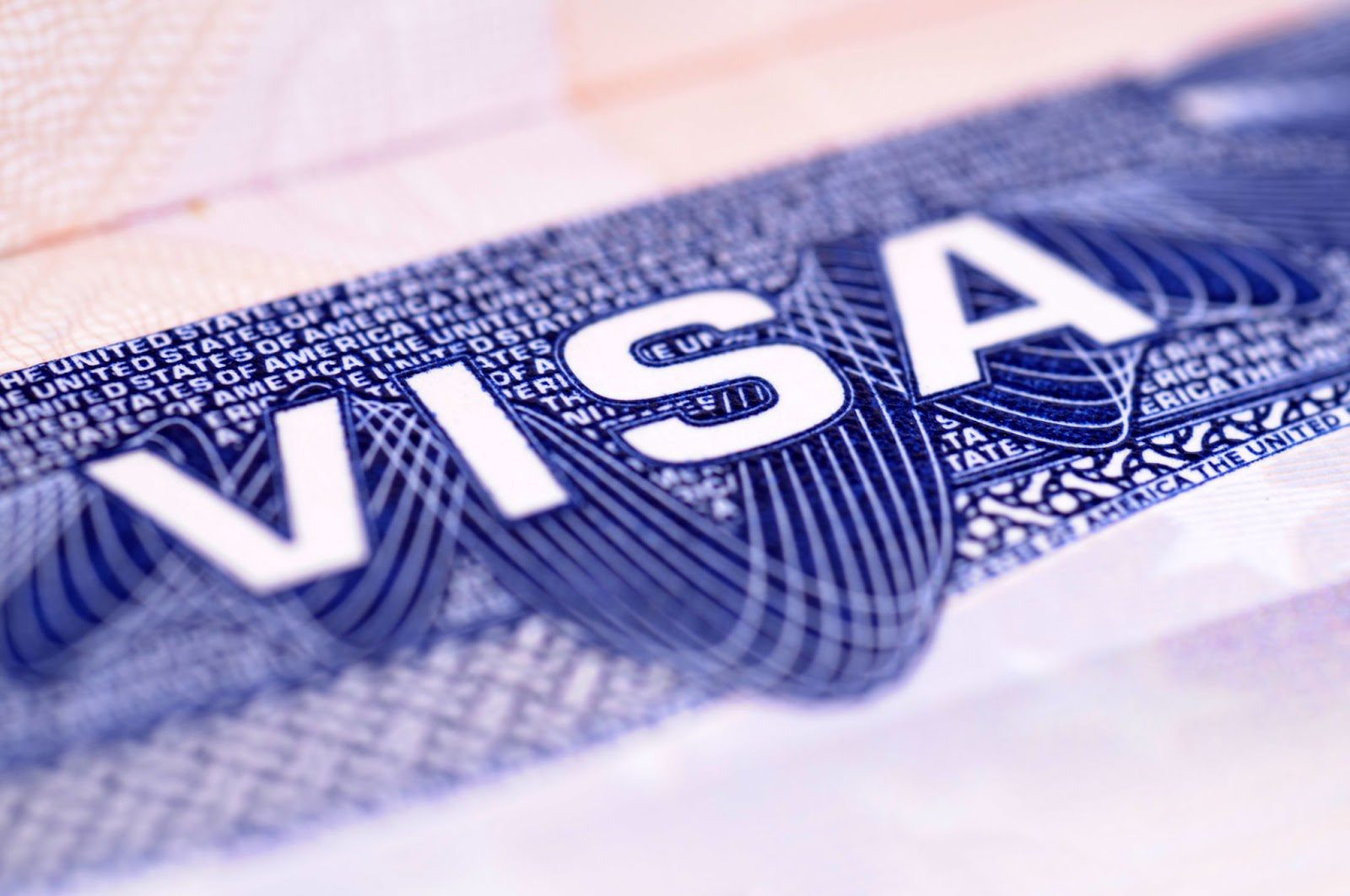
Vietnam offers about 21 different types of visas based on the purpose of visit, as per the new immigration regulations that came into effect on July 1, 2020 (Law No. 51/2019/QH14). Some of the popular types of visas include:
1. Tourist visa (DL)
Tourist visa is the most common type of visa used for tourism purposes in Vietnam. It permits a stay of up to 30 days, can’t be extended, but can be renewed. Tourist visa has two subcategories – single-entry and multiple entries.
Special Features
- Single-entry tourist visa allows only one entry into the country within the stipulated period
- Multiple-entry tourist visa allows for unlimited entries within the validity period, usually six months or one year
- Tourist visa on arrival is also available, which requires applicants to obtain an approval letter issued in advance before arriving at the airport
Recommended
If you’re planning to stay in Vietnam for less than 30 days, a single-entry tourist visa could be suitable. However, if you plan to travel in and out of Vietnam frequently, multiple-entry tourist visa may be more appropriate.
Advise
It’s important to note that overstaying your visa may lead to fines and difficulties exiting the country. Ensure to apply for an extension or renewal of your visa before its expiration date.
2. Business visa (DN1, DN2)
The business visa is issued for business-related activities such as attending conferences, meetings with clients, or signing contracts. It allows a stay of up to 12 months, but it comes in single-entry and multiple-entry subcategories.
Special Features
- Single-entry business visa allows a one-time entry into Vietnam within the visa validity period
- Multiple-entry business visa allows an unlimited number of entries into Vietnam within the visa validity period
Recommended
If you’re planning to undertake short-term business activities, such as attending a conference or seminar, a single-entry business visa may be sufficient. However, if you will be conducting multiple trips to Vietnam, or your work requires frequent travel, then a multiple-entry business visa may be more suitable.
Advise
Note that work permits are necessary for foreigners undertaking long-term employment in Vietnam. Ensure to consult with a specialist immigration lawyer before proceeding.
3. Student visa (DH)
Student visas are issued to individuals who plan to study in Vietnam for more than three months. The visa validity depends on the duration of the academic program.
Special Features
- Student visas permit a stay of up to five years
- The visa can be renewed after its expiration date with evidence of continued enrollment
Recommended
If you’re planning to study in Vietnam for more than three months, you’ll need to apply for a student visa.
Advise
Ensure to obtain all the necessary documents, including an acceptance letter from the educational institution you’ll be attending, before applying for a student visa.
4. Working visa (LD1 – LD2)
Working visas are required for individuals planning to undertake long-term employment in Vietnam.
Special Features
- LD1 visa is issued to individuals employed by Vietnamese entities
- LD2 visa is issued to individuals working for foreign companies operating in Vietnam
Recommended
If you’re planning to undertake long-term employment in Vietnam, you’ll need to apply for a working visa.
Advise
As mentioned earlier, it is important to obtain a work permit before applying for a working visa. Ensure to provide all necessary documentation, including a valid employment contract, degree certificate, and health check.
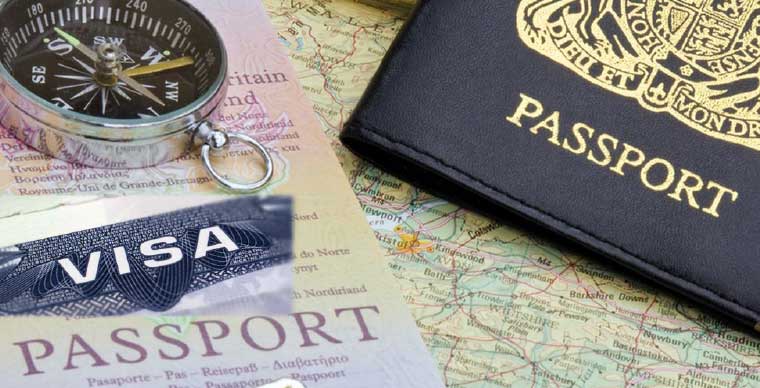
5. Investor Visa (DT1, DT2, DT3, DT4)
Investor visas are issued to individuals planning to invest in Vietnam.
Special Features
- DT1 visa is issued to foreign investors who contribute capital to a Vietnamese entity
- DT2 visa is issued to foreign investors who invest in businesses or activities that are prioritized by the government of Vietnam
- DT3 visa is issued to foreign investors who invest in business sectors that have a lower priority according to the government’s policies
- DT4 visa is issued to family members of foreign investors
Recommended
If you’re planning to invest in Vietnam, you’ll need to apply for an investor visa.
Advise
Ensure to provide documents that support your investment plan, such as a business plan, financial statements, and investment licenses.
6. Diplomatic visa (NG)
Diplomatic visas are issued to individuals who hold diplomatic passports and are traveling to Vietnam on official business.
Special Features
- The validity of a diplomatic visa depends on the length of the diplomatic mission
- It allows for multiple entries
Recommended
If you’re a diplomat traveling to Vietnam on official business, you’ll need to apply for a diplomatic visa.
Advise
Ensure to provide all necessary documentation, including an invitation letter from the relevant Vietnamese authorities.
Vietnam Visa Types by Length of Stay and Validity
Apart from categorizing visas by purpose of visit, Vietnam also classifies visas based on their length of stay and validity. Some of the main categories include:
- LV1-LV2: Working with Vietnamese authorities/parties (Maximum of 12 months)
- LS: Lawyer visa (Maximum of 5 years)
- NN1: Members of delegations invited by high-ranking Vietnamese officials (Maximum of 12 months)
- NN2: Members of delegations invited by standing members of the Secretariat of the Vietnam’s Communist Party (Maximum of 12 months)
- NN3: Members of diplomatic missions, consular offices, and international organizations (Maximum of 12 months)
Visa Vietnam Online FAQs
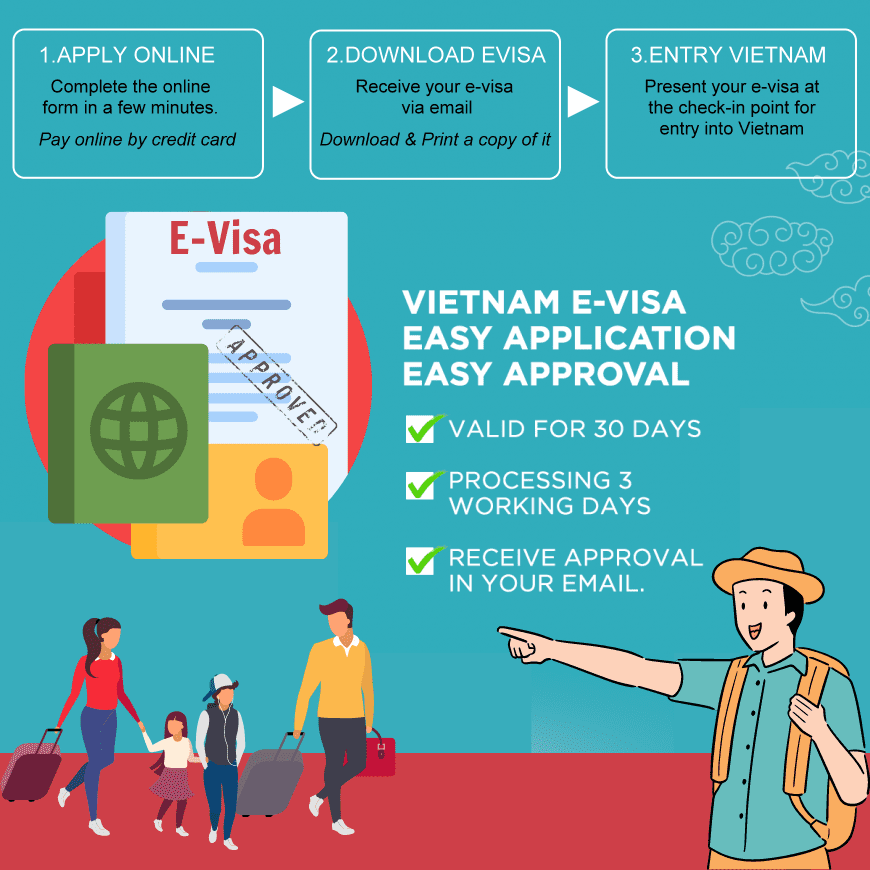
Do I need a visa to travel to Vietnam?
Most foreign nationals require a visa to enter Vietnam. However, exemptions exist for citizens of countries that have signed a bilateral or unilateral visa exemption agreement with Vietnam.
How long does it take to process a visa application?
It typically takes between two to five business days to process a visa application. However, processing times may vary depending on the type of visa and other factors.
Can I extend my visa while in Vietnam?
Yes, it is possible to extend your visa while in Vietnam. You can apply for an extension at the immigration department or through a visa service provider.
What happens if I overstay my visa in Vietnam?
Overstaying your visa can result in fines and other penalties. In some cases, you may be detained or deported.
Conclusion
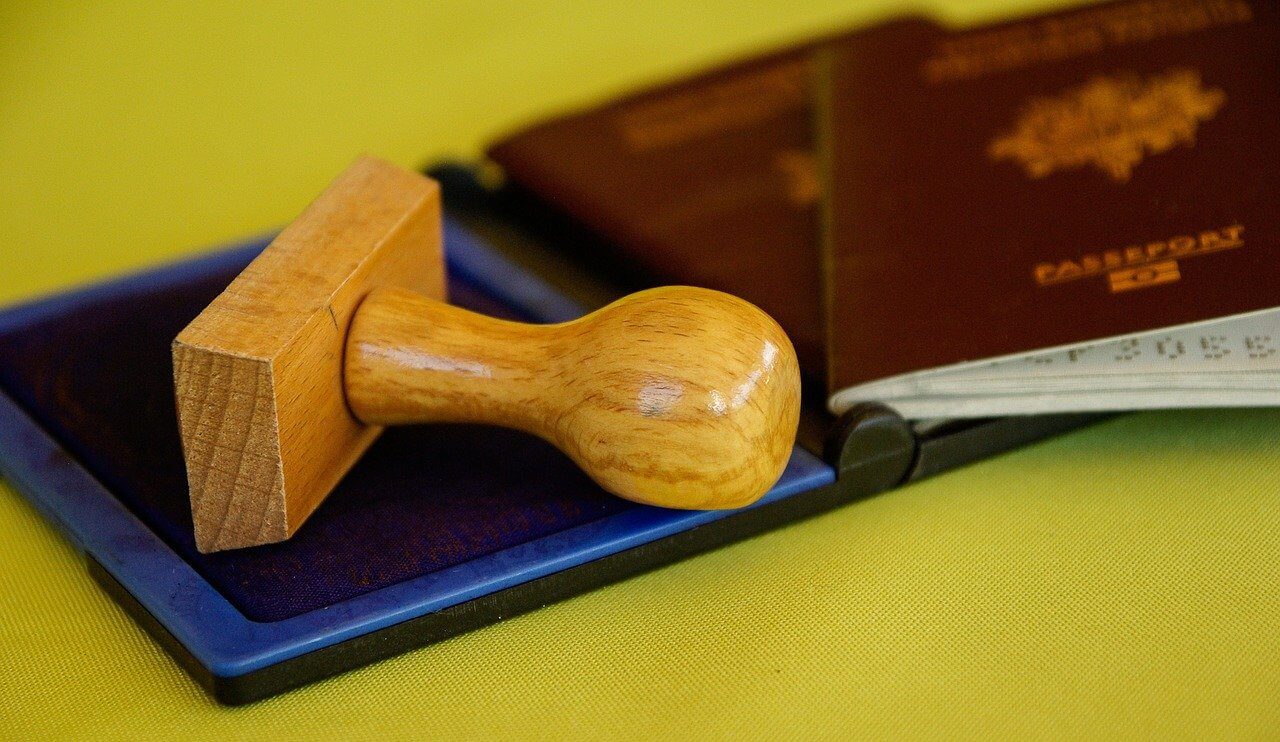
In conclusion, understanding the various types of Vietnam visas is crucial to avoid any unexpected problems when traveling to the country. Ensure to choose the right type of visa based on your purpose of visit and length of stay, and provide all necessary documentation during the application process. Remember to follow the immigration regulations and avoid overstaying your visa to enjoy a hassle-free trip to Vietnam.


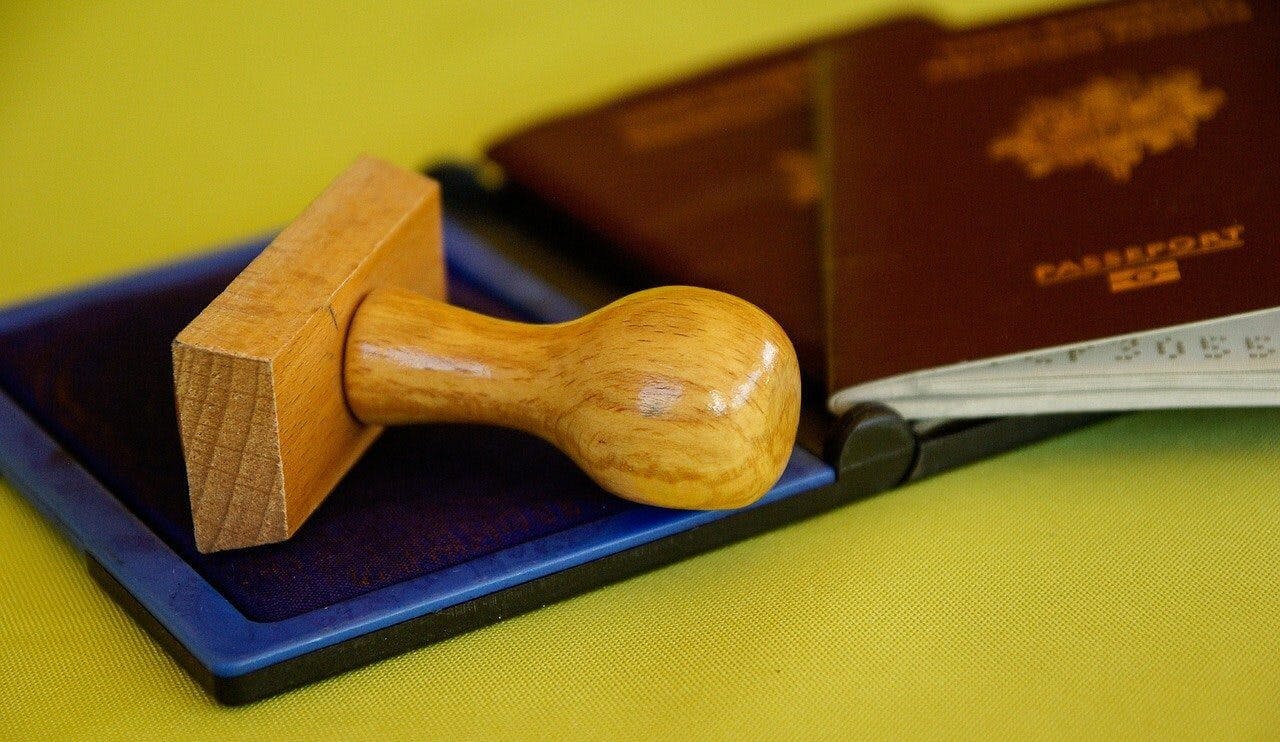




Responses (0 )